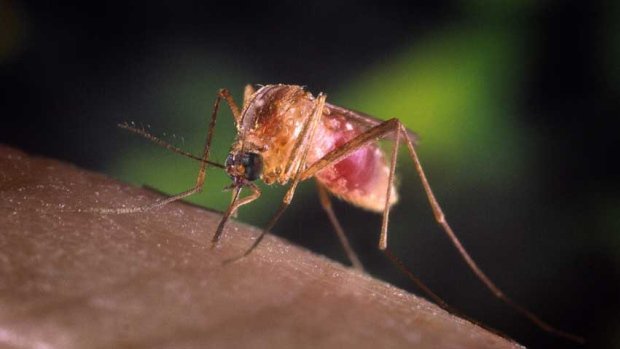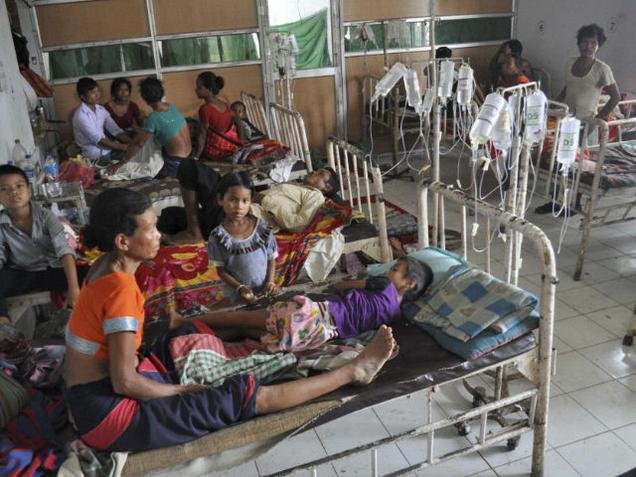Europe has become the world’s first region to wipe out malaria, with zero cases reported last year, the World Health Organization (WHO) said on Wednesday.
Great news! @WHO says Europe is 1st malaria-free region of the world
1995: 90k cases2015: 0https://t.co/U40Z0HnbHe pic.twitter.com/Ht2EwoCZ49— United Nations (@UN) April 21, 2016
The number of indigenous malaria cases dropped to zero in 2015 from 90,712 in 1995, and the last cases were reported in Tajikistan in 2014, it said.

“This is a major milestone in Europe’s public health history and in the efforts to eliminate malaria globally,” said Zsuzsanna Jakab, WHO regional director for Europe.
He further added,
Strong political commitment, improved detection and surveillance of malaria cases, mosquito control, cross-border collaboration all contributed to the wiping out of the mosquito-borne disease. Until malaria is eradicated globally, people traveling to and from malaria-endemic countries can import the disease to Europe, and we have to keep up the good work to prevent its reintroduction.

World leaders committed to ending the epidemic by 2030 when they adopted the 2030 Agenda for Sustainable Development in September.
What is the criteria?
When a country has zero locally acquired malaria cases for at least three consecutive years, it is eligible for official certification of malaria elimination by the WHO.
Nedret Emiroglu, director of communicable diseases and health security, WHO Regional Office for Europe said,
The European Region has been declared malaria free on the basis of the present situation and the likelihood that elimination can be maintained. Experience shows that malaria can spread rapidly and, if Europe’s countries are not vigilant and responsive, a single imported case can result in resurgence of malaria.
Until the end of World War Two, malaria was endemic throughout much of southern Europe. Europe was declared malaria free in 1975, but the disease later re-emerged in the Caucasus, Central Asian republics, the Russian Federation and Turkey.

















